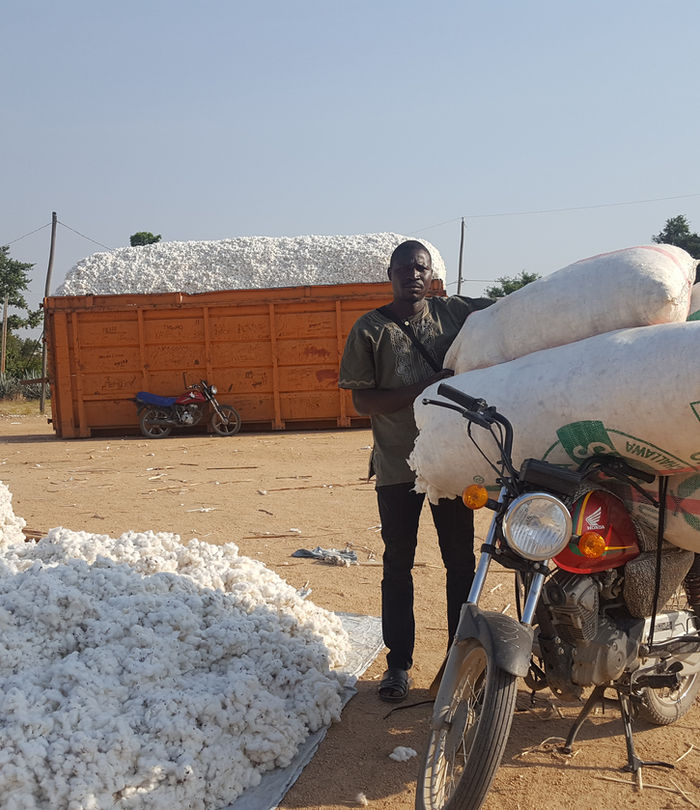Access to the Gospel grows steadily as translated Scripture in print and audio reaches three rural communities—even broadcast on local radio.
the Need
The Project
Jam Ma Cluster project team members, trained by staff from our national partner in Cameroon, have made a commitment to:
Develop an alphabet and produce a dictionary.
Translate the New Testament and make it available in print, audio, and digital formats.
Provide mother-tongue literacy materials.
Hold literacy classes in the community.
Promote engagement with and ownership of translated Scripture among Jam Ma churches and communities.
Produce mother-tongue Scripture-based materials like the "JESUS" film, songbooks, and verse posters.
BIble Translation Progress
Drafted

100
Community-Checked

100
Quality-Checked

100
New! (2024-2025)

Preserving History

Cut to the Heart

Order and Harmony
“I hope these types of studies continue because when we read and hear the Bible in our heart language, we understand the message and we are corrected and protected from false doctrines that can so easily take us away from God.”
A woman from the Parak community





